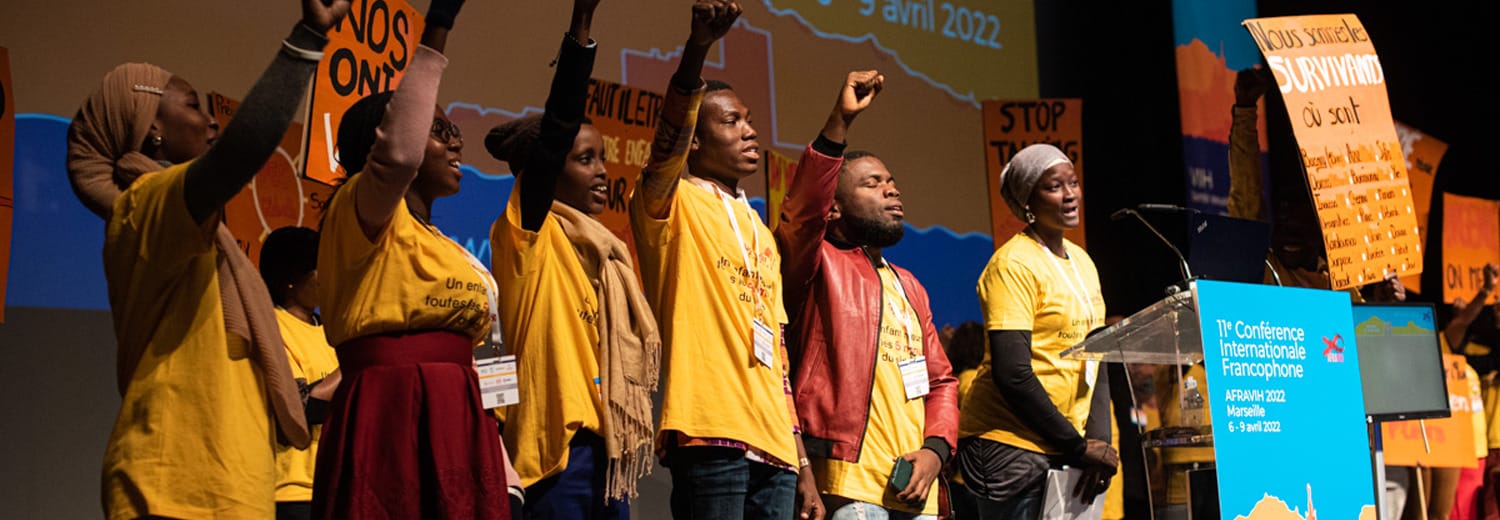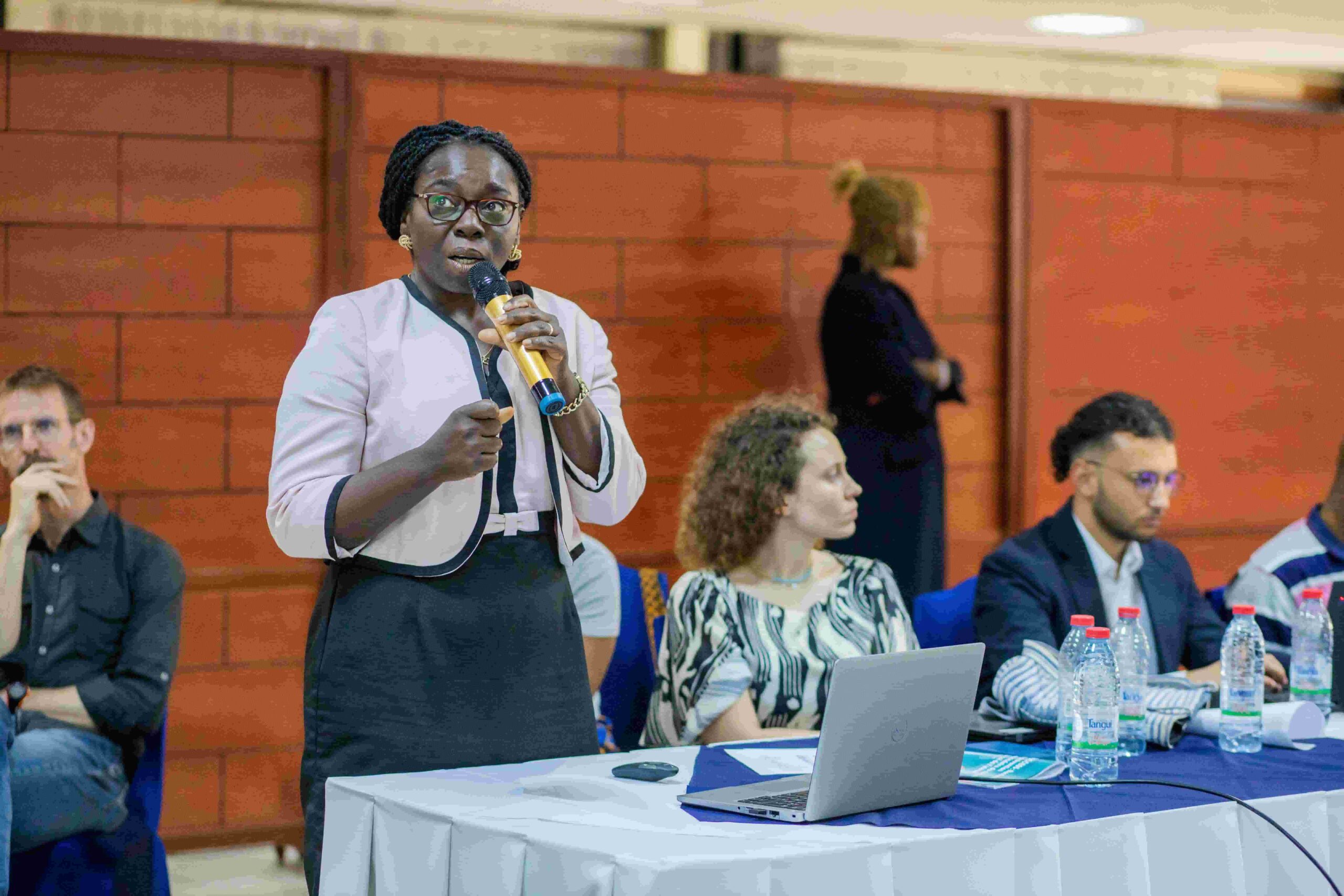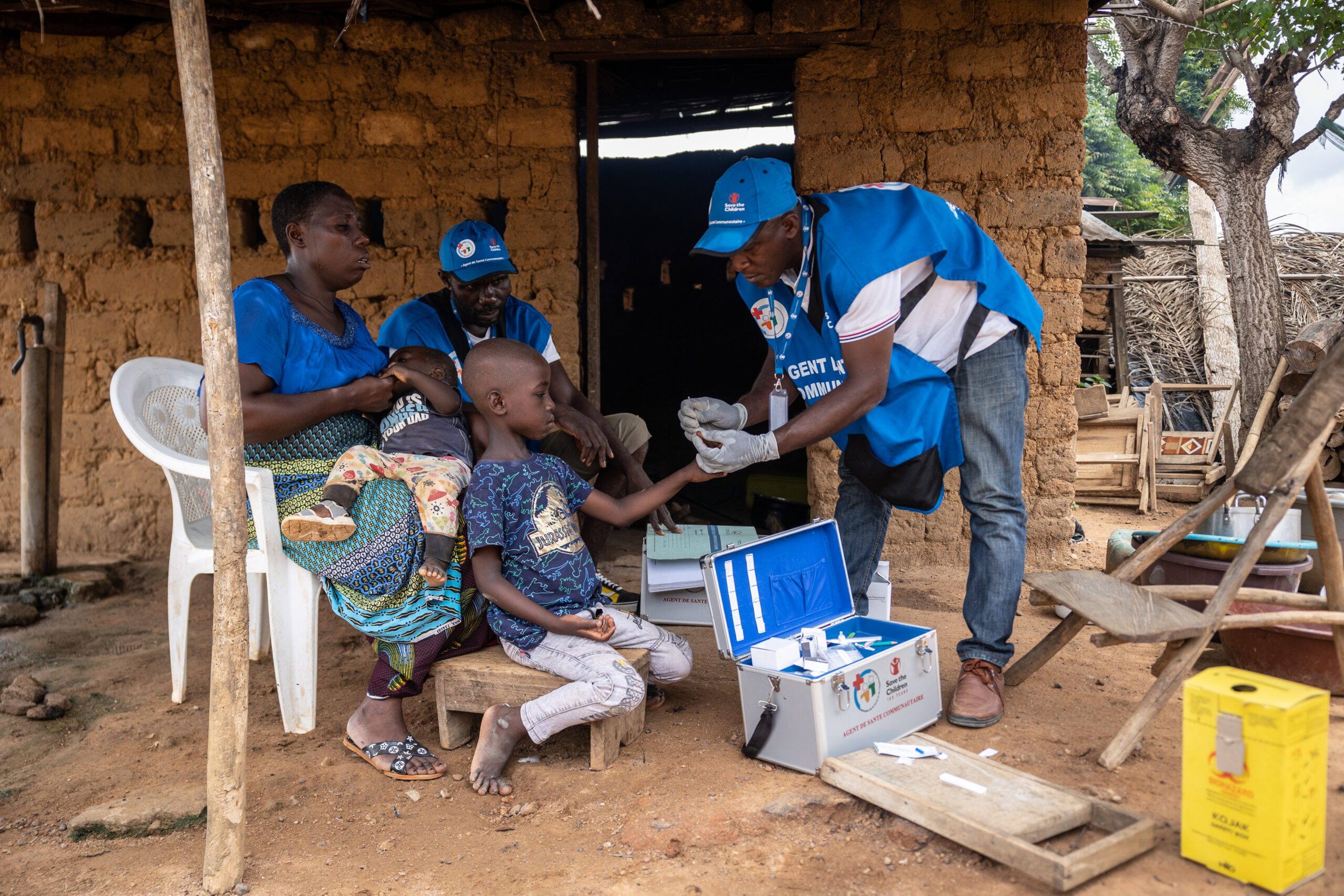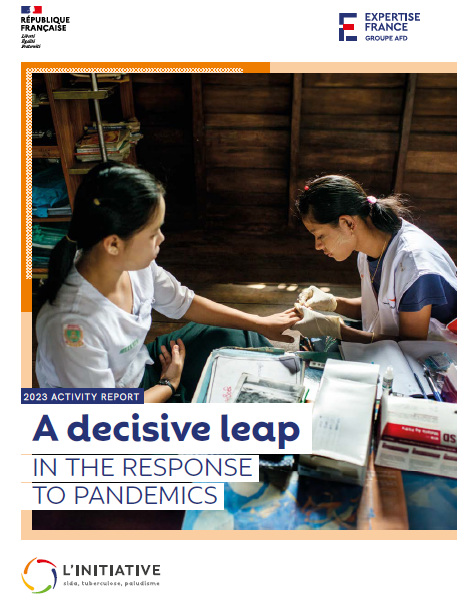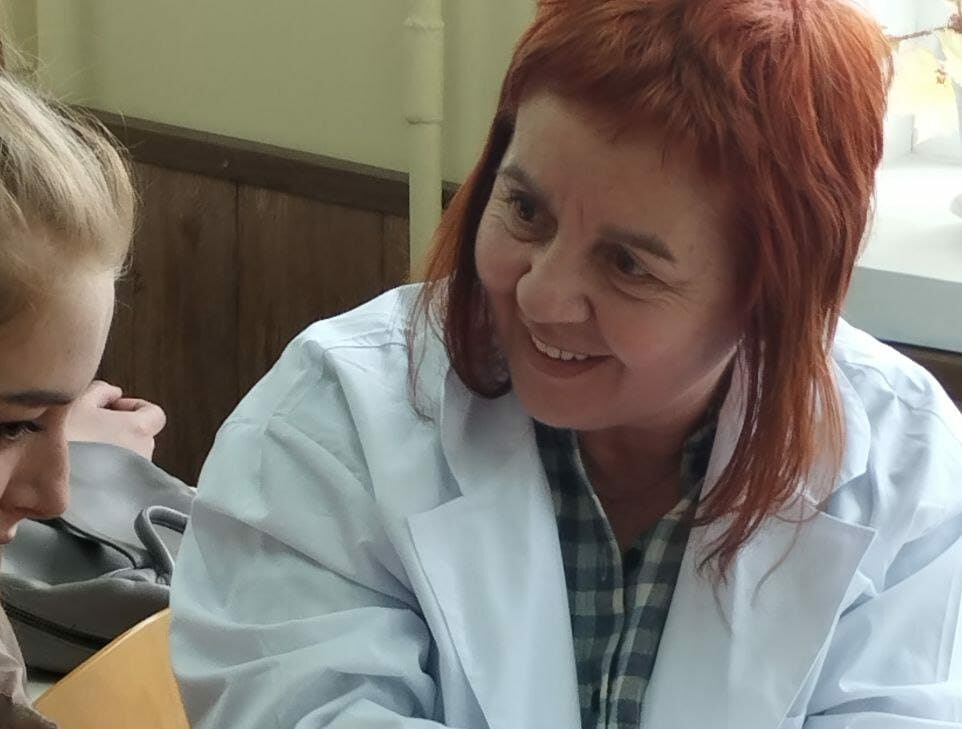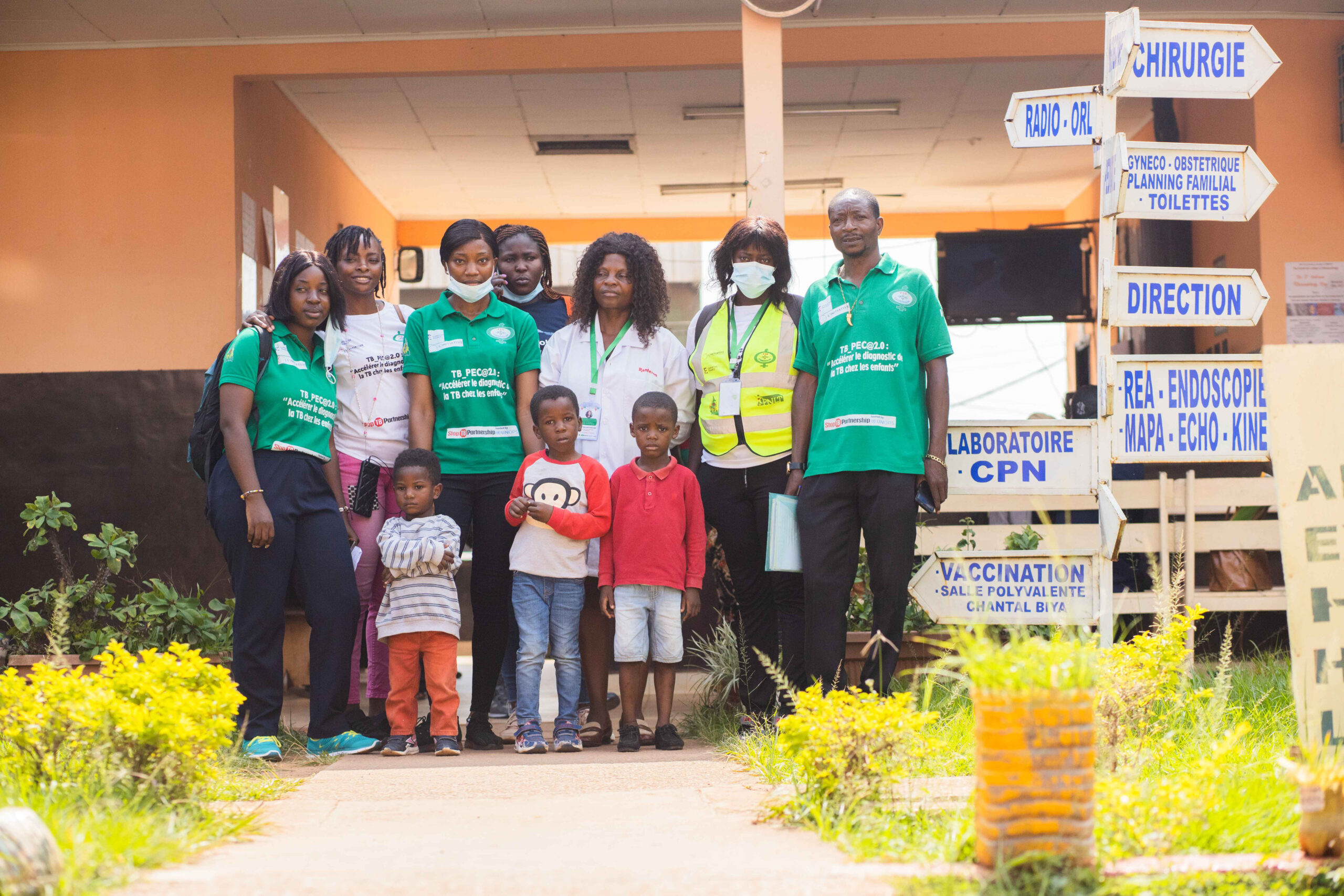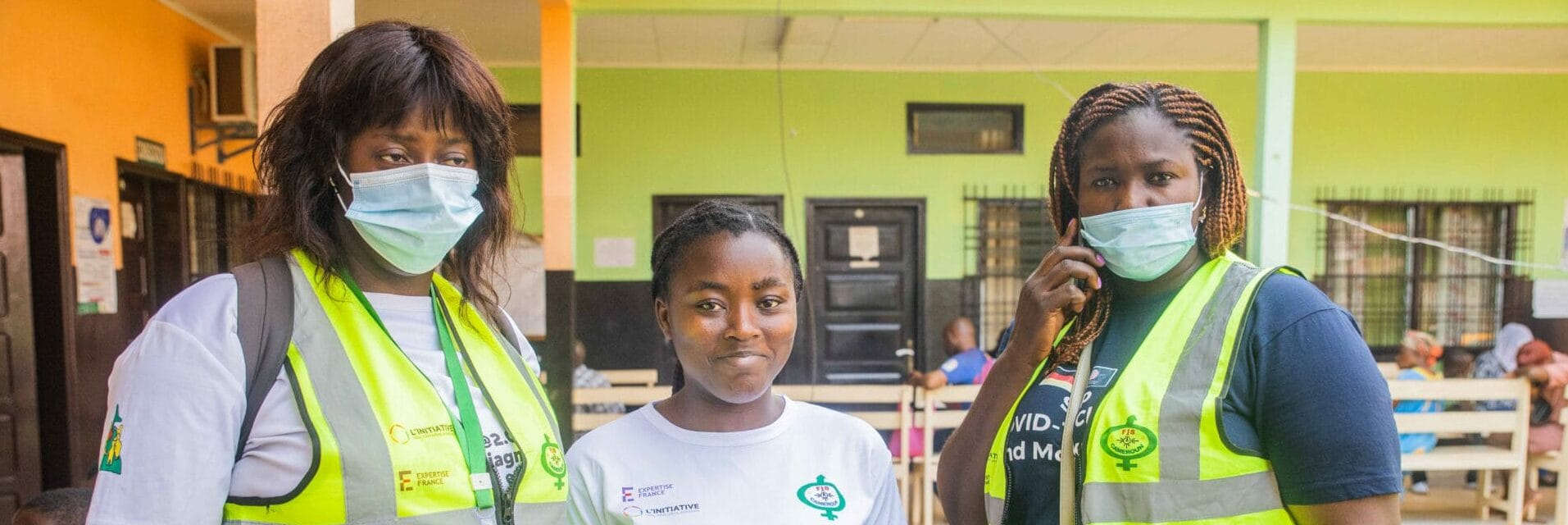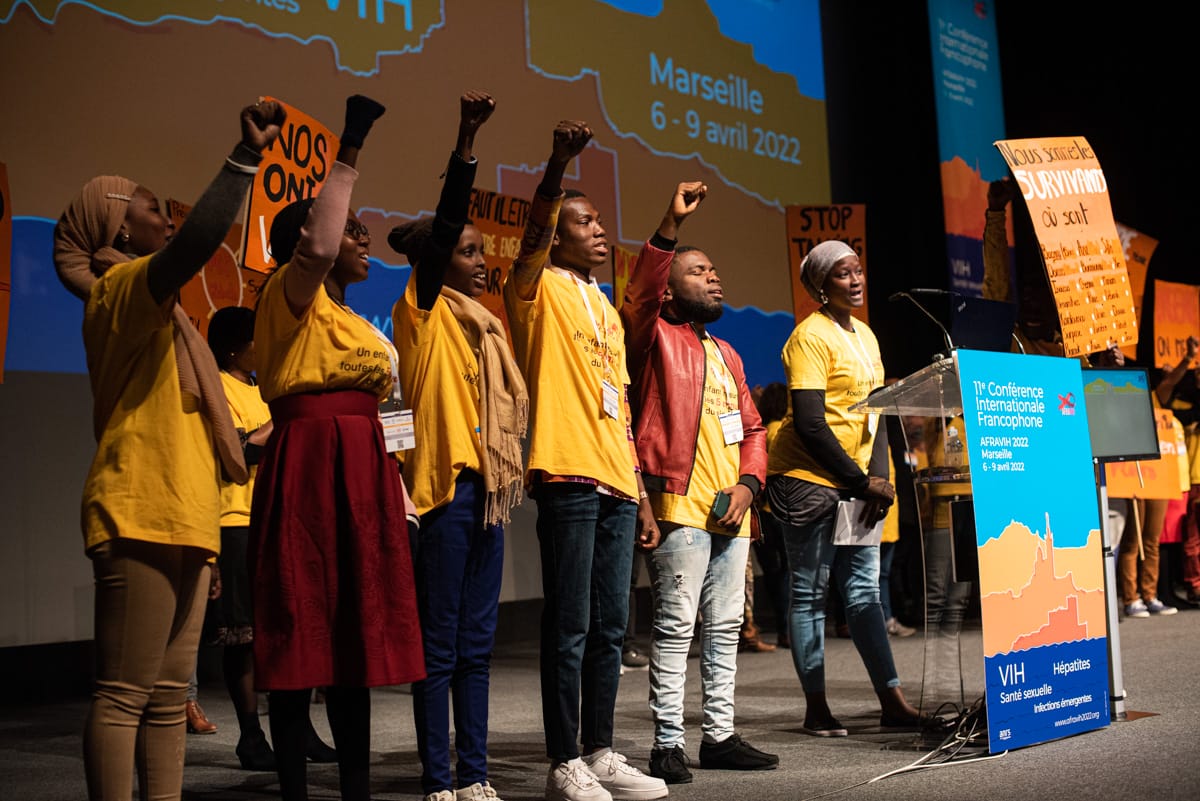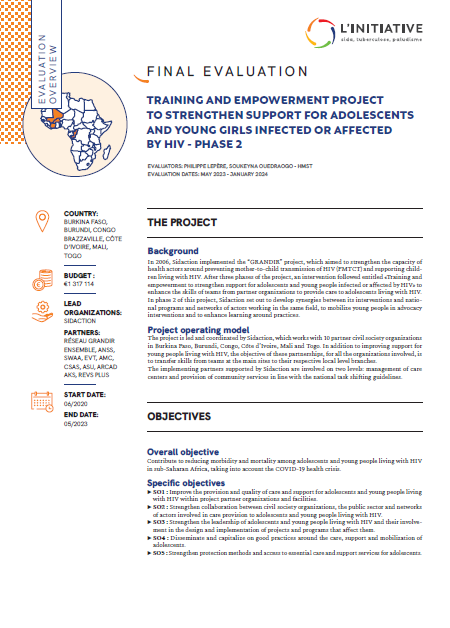Including populations in the HIV response
Combatting HIV and AIDS in French-speaking Africa is still a priority, despite progress made over the past 20 years. The most exposed groups, also known as “key populations”, are particularly affected (men who have sex with men (MSM), sex workers (SW) and people who inject drugs and HIV prevalence can be up to 20% among these groups. These populations groups are stigmatized, and even criminalized in certain countries, and experience difficulties accessing prevention and care services in general. In order to achieve the UNAIDS 95-95-95 targets to eliminate HIV by 2025, it is necessary to put in place a response that combines health and human rights for these groups. In order to have meaningful impact, the response must involve people who are directly affected, from the design of interventions to actually implementing them.
The desire to strengthen community voices supports a paradigm shift: moving from simply representing or consulting with key populations at CCM level, to greater leadership, through their effective participation within the CCM and with national bodies, in a context of accountability for the communities represented.
Ensuring effective representation and high-quality contributions from key populations around implementing and monitoring these programs: this is how REVS PLUS aims to respond to stop the epidemic where it is at its highest levels.
Making the voice of communities heard
In order to involve key populations in the response to pandemics, the Global Fund allows key population representatives to sit on CCMs. The aim is that grants and activities to respond to pandemics take into account the specific needs of these groups.
However, these representatives are not always able to fully contribute. As they lack knowledge about Global Fund procedures, and lack the power to act and room to maneuver, they are often limited to security roles, particularly in hostile contexts. In instances where they are more equipped, the stigmatizing context continues to stop them from having voice, which makes progress and achieving meaningful results difficult. It is therefore necessary to strengthen the skills of representatives of key population organizations so that they can be fully involved in decisions affecting them, equally with other CCM members.
Through the RIPOSTE project, REVS PLUS therefore plans to strengthen the contribution of communities – the voice of key populations – in Global Fund decision-making bodies through community-based technical support for their representatives.
Strengthening community mobilization
In order to achieve this, the project works with “Responders” (“Riposteurs” in French), people providing community support, who are from implementing organizations in the four countries the project is working in. The “Responders” work alongside representatives from key populations to train them, support them and promote the work relating to their mandate, but also to ensure it continues when mandates are renewed.
Workshops are held for this purpose, to set up an alert system and remote legal support for key populations. Ten peer educators have been trained as legal experts to monitor, document and report on rights violations in Mauritius and Mali. They now ensure that information from the field is fed back to “Responders”, and they gather information within their own networks. Between December 2020 to March 2021, 29 cases of violence were identified among key populations.
This technical support, which is ongoing and tailored to each of the representatives, will enable them to position themselves as meaningful stakeholders both in terms of developing advocacy work to be carried out but also to ensure accountability to communities.
In 2020, more than 20 capacity building workshops and 16 webinars took place with representatives and leaders from key populations. Technical support from L’Initiative strengthened the project in 2021 through the creation of a toolkit to strengthen capacity to take action and to influence representatives, and to build a strong national RIPOSTE group identity. Raising awareness of the violence they have experienced, learning to communicate the everyday problems they experience and translating them into solutions are the objectives of this support.
In Burkina Faso, ahead of submitting the Global Fund funding request, the “Responders” brought together a proposal-writing group focused on key populations, with support from a consultant engaged through a L’Initiative technical assistance assignment. Various suggestions made by key population groups have therefore been incorporated into the country’s funding request. The inclusion of these suggestions is the result of efforts to mobilize and strengthen this field- and community-based expertise.
Advocacy strategies to overcome barriers
The RIPOSTE project creates a space for sharing and disseminating community responses through an advocacy approach that has been built and driven by key populations. National community forums, which bring together peer educators and members of mobilized communities, are organized in each country. The aim? To foster the informed involvement of people from these communities and provide them with platforms to strengthen their response.
In 2020, ARCAD Santé PLUS organized a three-day meeting with field representatives from organizations supporting key populations from Bamako and the five regions of Mali, with a view to preparing the Global Fund funding request. A joint declaration entitled “The voice of key populations in Mali”, which included 16 recommendations to improve care for these groups was published following the national forum. The recommendations were made during the country dialogue process. Some of them have been accepted and will be implemented by ARCAD Santé PLUS, as Global Fund Principal Recipient in Mali.
In Mauritius, the NGO PILS also organized a conference entitled “HIV, drugs and addiction: Improving care and support” in December 2020. This was a major event in the country, which enabled stakeholders in Mauritius to share the problems they face on different themes, and put forward solutions. At the end of the conference, a committee was set up for people living with HIV by the Ministry of Health and Welfare.
Thanks to these national forums, community expertise has been strengthened and influences national discussions.
A regional approach to taking communities into account?
The fact that partner organizations, who are all members of the Coalition PLUS network, work closely together enables them to build an integrated, regional intervention approach, that has a shared methodology. This approach to advocacy and networking will make it possible to highlight the barriers to taking into account the voice of communities when developing and implementing national public policies and programs to combat HIV and AIDS. Joint advocacy initiatives will be carried out by the various organizations involved in the project to put them in a position to bring shared national demands to the regional level. What is the aim? To develop an approach that can be replicated in other contexts to facilitate and increase the inclusion of communities in public health policies.
REVS PLUS
Established in 1997 and recognized as a public utility by the decree of April 24, 2019, REVS PLUS is a key community organization responding to HIV/AIDS and hepatitis in Burkina Faso. Its mission: to contribute to the socio-economic and health well-being of the population in general, but primarily that of vulnerable groups: people living with HIV, orphans and vulnerable children, and key populations. Since 2014, REVS PLUS has led an advocacy campaign around promoting and respecting the human rights of key populations. REVS PLUS implements the RIPOSTE project in Burkina Faso with support from L’Initiative and through the support of its partners in three other countries: ANSS in Burundi, ARCAD Santé PLUS in Mali, and PILS in Mauritius.
